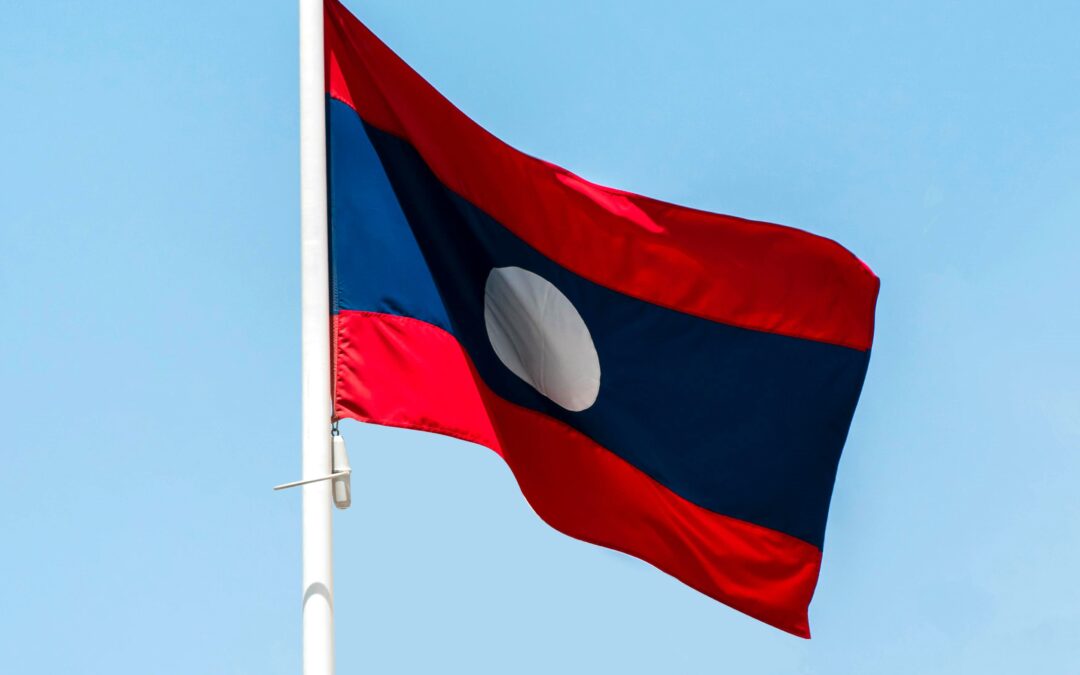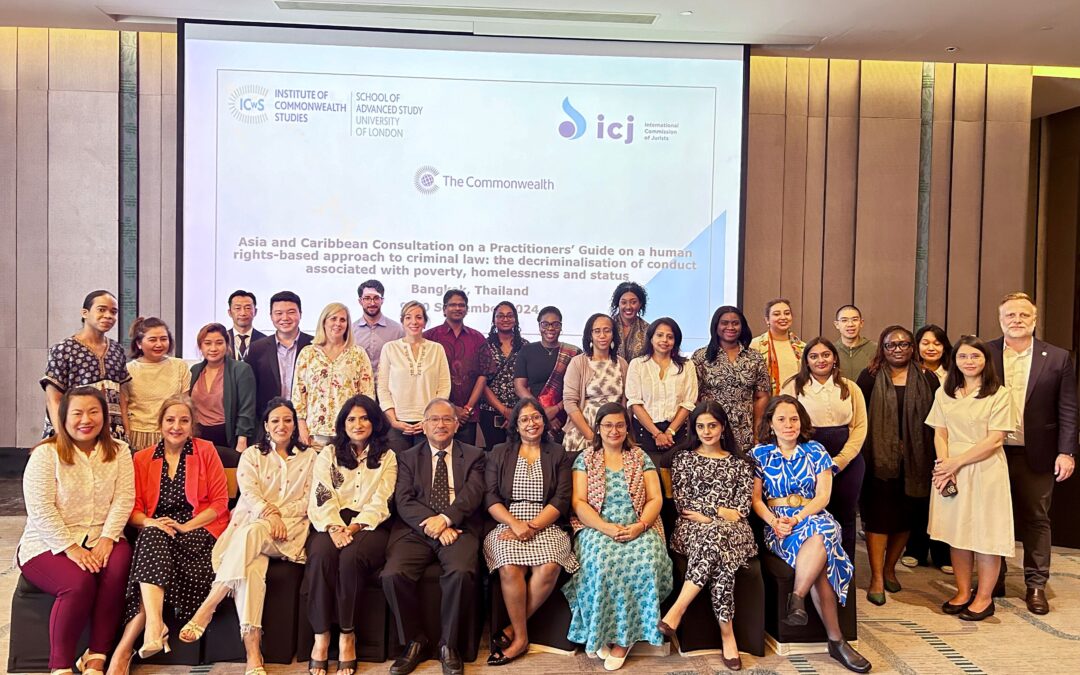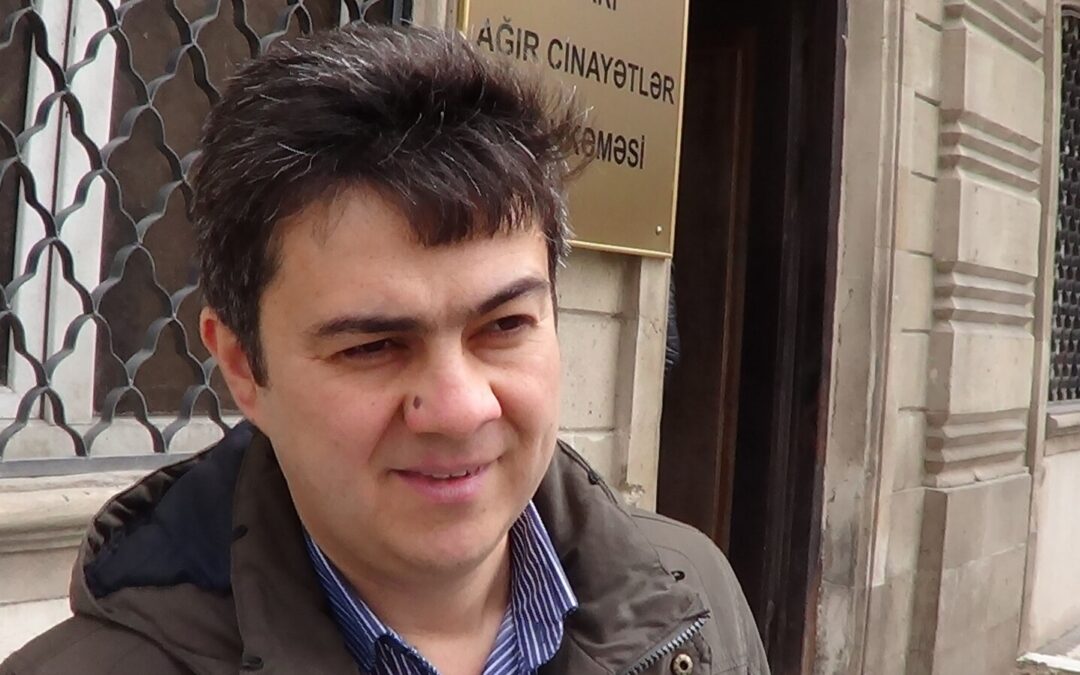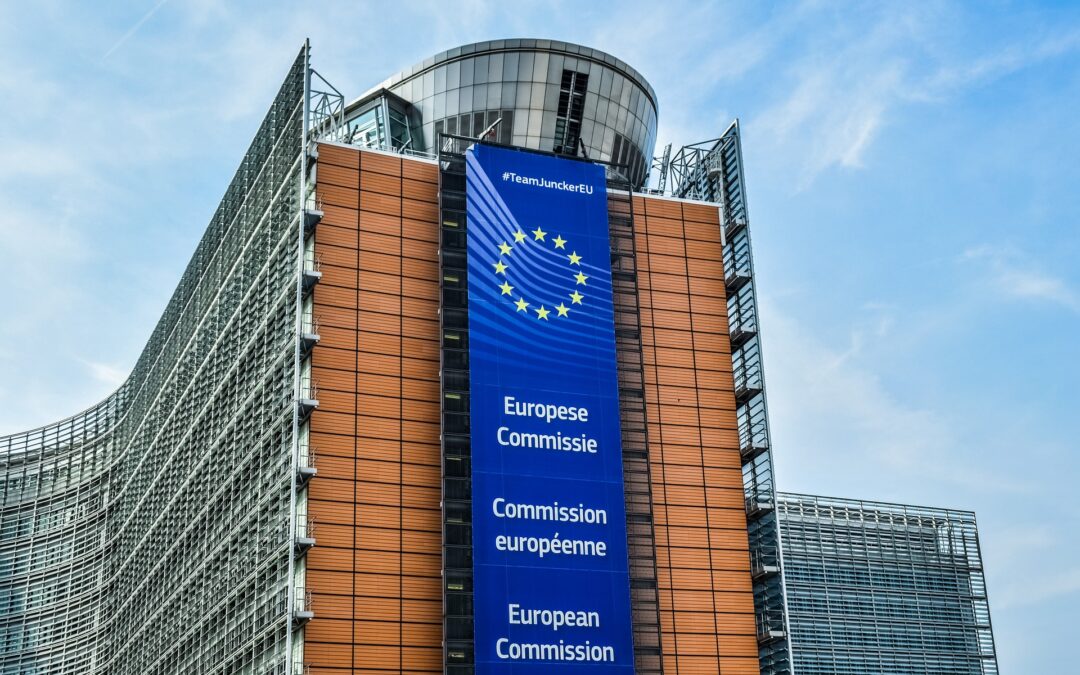


Asia and Caribbean regional consultation: A human rights-based approach to criminal law
On 9 and 10 September 2024, the International Commission of Jurists (ICJ) and its partners, the Institute of Commonwealth Studies (ICwS), and the Commonwealth Secretariat (ComSec) co-hosted an Asia and Caribbean regional consultation on a human rights-based approach...
Azerbaijan: Security services ramp up attacks on independent lawyers and human rights defenders
The International Commission of Jurists (ICJ) deplores the arbitrary detention of Azerbaijan human rights lawyer Fariz Namazli by the State Security Service (SSS) on 31 August 2024. He was detained without an official summons, and without being informed of the reasons...
EU: Unlocking the potential of the EU Charter of Fundamental Rights
Today, the International Commission of Jurists (ICJ), together with 18 civil society organizations, published a joint Litigation strategy for 2024-2029 to be implemented across the European Union (EU) over the next European Commission´s term. As the guardian of the treaties, the Commission must act decisively to uphold the protection of human rights in the EU through the EU Charter of Fundamental Rights.





